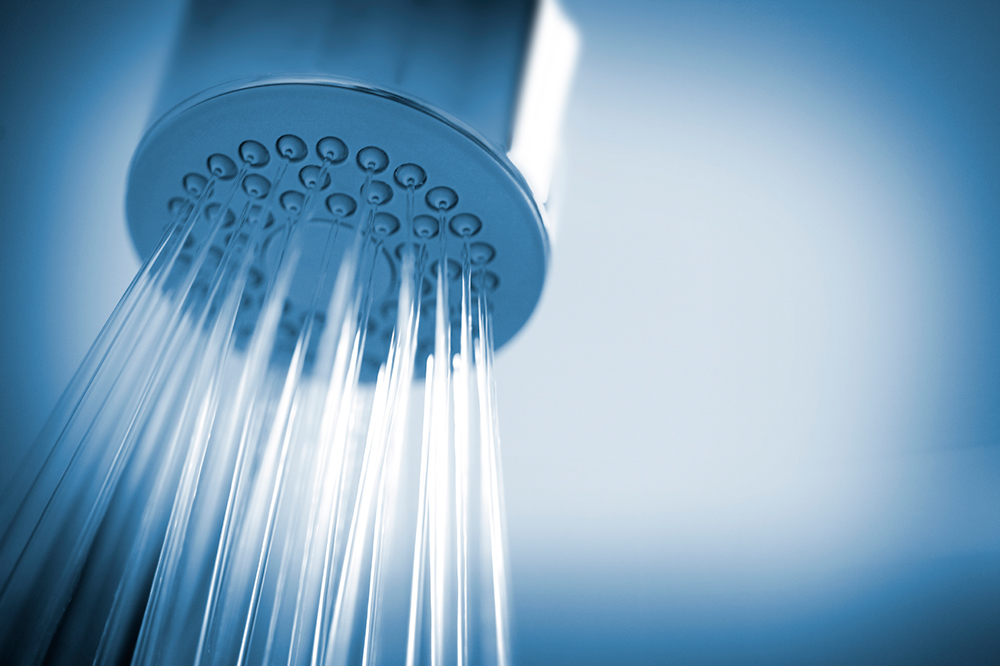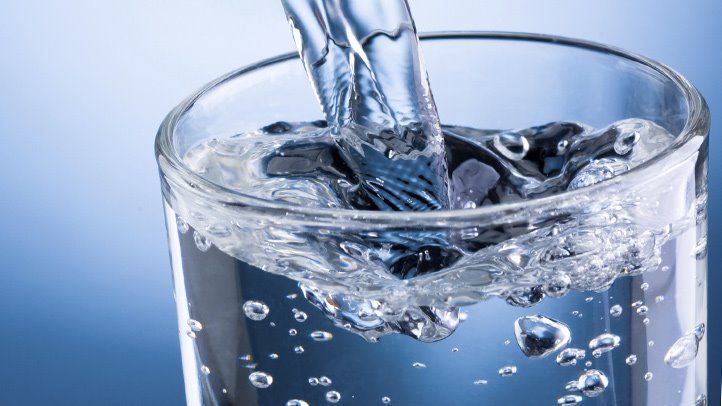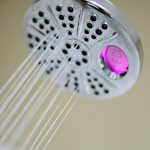
Water softeners are currently the go-to solution for solving every and all hard water problems. However, even if your plumbing is better off with a water softener, the planet and your overall health, might not. Sure, your clothes look less dingy and you no longer have mineral deposits on your taps, showerheads, and dishes. But are you aware of the dark side of water softeners?
How Water Softeners Work
Water is softened at the ionic level. Calcium and magnesium particles get replaced with sodium. This makes the water more slippery and softer on your plumbing. However, softened water is not safe to drink. Regular adults can consume it in small quantities without worrying much. But babies, people with diabetes, and people with high blood pressure should avoid drinking softened water.
To make softened water drinkable, you will also need to invest in a reverse osmosis machine along with your water softener. This translates into an even bigger investment. Your house plants are also susceptible to sodium. It is generally not a good idea to water them with softened water, especially when dealing with sensitive varieties. The sodium concentration is too high for them. This stuns their growth and can even kill them.
Also, do not use softened water in your aquarium. Fish require a steady pH level to stay healthy. Softened water changes its pH when contacting fish waste, which can bring harm or even kill them.
Even The Advantages Bring Disadvantages
Softened water irritates your skin less than hard water does. You will no longer have soap scum, which will make your water bill smaller. However, your septic system might take a toll once the sodium in soft water goes down the drain.
And while your plumbing will require less maintenance, the same cannot be said about your water softener. No matter what model you choose, you will have to constantly check if it has enough salt or other chemicals it may require. If you shower daily and wash a few loads of clothes every week, you might get annoyed at how often you have to check if everything is ok.
In addition to the constant maintenance needed for water softeners, homeowners should be aware of the potential cost and inconvenience of cleaning out a septic system. If the water softener uses salts that end up in the septic tank, it can contribute to the accumulation of solids and blockages that could require professional cleaning services.
Is There An Alternative?
So far, we have determined that both hard and softened water have disadvantages. Is there not a way to combine the best of both worlds? Like being able to keep your plumbing clean without taking care of another device? Or having smooth water that leaves no residue and that you can also drink?
Yes, there is. It is a process called water descaling and it does not need to replace minerals with sodium. To achieve this, you will need a simple device called a water descaler. What a water descaler does is instead of eliminating calcium and magnesium, it simply reshapes their particles, making them less sticky. So you will no longer have irritated skin or frizzy hair after showering.
Speaking of showering, you will no longer notice nearly as many mineral deposits on the showerhead. Your bathtub will also have less scrub and be generally cleaner. And because the particles do not get replaced with sodium, the water is still drinkable. So you will no longer require a reverse osmosis machine. That means less electricity and less trouble maintaining the system.

Keeping You And The Environment A Little Safer
Unlike water softeners, water descalers do not have to meet restrictions, regulations, or bans. A water descaler does not require much electricity. It is considered environmentally friendly. And unlike a water filter, it does not waste precious resources.
However, keep in mind that a water descaler does not replace a water filter. It generally provides proper protection against limestone deposits, so you will have significantly less rust in your pipes. It also does a fairly good job against common bacteria. But if you happen to live in an area where water is contaminated, then, by all means, buy yourself a good filter.
Water Softening Controversy
Speaking of bans and regulations, softened water has had its fair share of controversies. In Texas, water softeners have been banned state-wide since 2001. And things seem like they are not going to change soon. So, if you happen to live in that state and you are connected to a public septic system, you are out of luck.
California is another state where water softeners have reached the attention of politicians. Although, a ban has not been imposed state-wide, the districts have the power to ban water softeners on a whim. So, theoretically, you can buy a water softener today and have it banned by tomorrow.
Final Thoughts
Water softening is not necessarily a bad idea. As long as you have a reverse osmosis machine, you can separate the softened water between your shower, washing machine, and your tap. That way you can have both drinking water and softened water. However, you cannot ignore the high maintenance and general disadvantages.
We would recommend trying out a water descaler instead of a water softener. As we have previously said, we think the advantages it offers are far more compelling. The lack of maintenance alone is already a huge money and time saver. The fact that you do not need to change is filters further adds to its benefits. And most importantly, your water will be drinkable.







